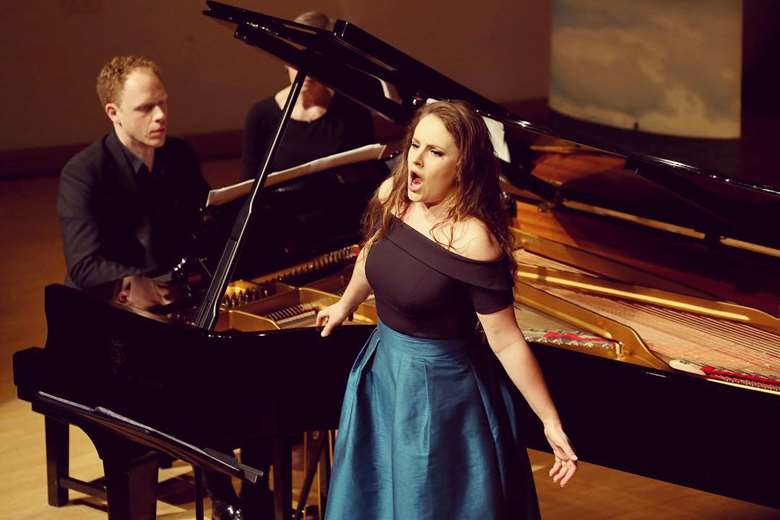Leeds Lieder launches crowdfunding project after ACE withdraws funding
Florence Lockheart
Monday, June 5, 2023
Arts Council England has withdrawn 100 per cent of funding to the festival, which offers a programme of performances and outreach projects for audiences in the north of England, citing a lack of ‘data collection’

Leeds-based music festival Leeds Lieder has launched a crowdfunding campaign to enable it to continue to operate following a 100 per cent cut to its funding from Arts Council England (ACE). The removal of funding means that this year’s festival, which is set to be the organisation’s biggest yet, will rely on the festival’s reserve funding and represents an existential threat to future festivals and outreach projects.
Today’s news comes after Manchester-based contemporary classical music ensemble, Psappha, announced it would cease operations, citing a 100 per cent cut in its ACE funding as the reason for its closure. The removal of funding from Leeds Lieder has also had an impact on this year’s festival, causing the organisation to cancel plans to record and share performances online and reducing the festival’s predicted audience reach from 300,000 to 3,000.
In an article published today, artistic director Joseph Middleton said: ‘We are a small charity, with a modest turnover, but we have for years punched above our weight providing outstanding experiences for individuals from retirees to primary school children. Without feeling abashed I can rejoice in the fact that we are a cultural success story.’ He added: ‘Tragically, our activity coming out of this year will look very different. Our application to ACE has been rejected. Our wings haven’t been clipped so much as cut off.’
Middleton described the circumstances surrounding ACE’s rejection of Leeds Lieder’s funding application stating that, although the Council had commended the organisation’s ‘programming, performances, participatory work and digital content’, its most negative feedback had been around data collection. In today’s statement Middleton points out that ‘As a tiny team, partly manned by enlightened and generous retirees working for free, we are going to need considerably more investment if we are expected to also collate data on the scale expected by ACE.’
In a statement received by Classical Music, an ACE spokesperson said: 'The Leeds Lieder funding application to our National Lottery Project Grants scheme was unsuccessful this time, but we have a good and longstanding relationship with the team there which we want to see continue. Since 2018 we’ve invested over £150,000 in their festivals and we encourage them to apply to us again for future festivals and projects. Competition for this particular fund is very high and unfortunately we are unable to fund all the good applications we receive. Funding through that programme does not roll over from one project to another, nor is it guaranteed year after year. It is highly unusual for applicants to be successful every time they apply, and it’s an indication of what a great festival Leeds Lieder is that we have managed to support it so many times.'
The rejected application is Leeds Lieder’s first unsuccessful application to the Council in over seven years. ACE funding provides a fifth of the festival’s annual budget, with funding facilitating festival performances and outreach. An independent audience development review conducted in 2017 found that, while ACE’s funding for Leeds Lieder totalled £30,000, the festival was able to feed more than £200,000 back into the local economy.
In today’s article Middleton commented on the impact funding cuts will have on the future of the classical music sector. He said: ‘Because of choices that are being made by a few in positions of power, we are being fast-tracked to a society where culture and especially classical music is being systematically stamped out of the communities in which we live… The vast majority of people are effectively being barred from coming into contact with classical music, the exact opposite of what most of us working in this sphere are trying to achieve.’

